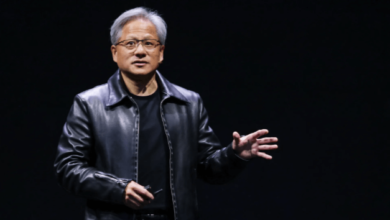Aienabled South Korea Hyodol Israel Intuition

The convergence of AI capabilities in South Korea and the innovative landscape of Hyodol Israel presents a compelling opportunity for transformative advancements in technology. Both nations, recognized for their commitment to fostering innovation, stand at the precipice of collaboration that could redefine industry standards and enhance global competitiveness. However, this potential partnership is not without its complexities and challenges that must be navigated carefully. As we explore these dynamics, the question arises: what specific strategies will be essential to harness this collaboration effectively?
Overview of AI in South Korea
South Korea has emerged as a significant player in the global artificial intelligence (AI) landscape, driven by robust government initiatives and substantial investments from both the public and private sectors.
The nation has prioritized AI adoption across various industries, fostering a conducive environment for innovation.
These strategic efforts reflect South Korea’s commitment to harnessing AI’s potential, ensuring competitiveness in an increasingly technology-driven world.
See also: Ai World Forum Secretarygeneral Aiperreard Nikkeiasia
Israel’s Innovation Landscape
Israel’s innovation landscape is characterized by a dynamic ecosystem that fosters technological advancement and entrepreneurship.
Central to this environment is a thriving startups ecosystem, renowned for producing cutting-edge solutions across various sectors.
Furthermore, strong technology partnerships between academic institutions, industry leaders, and government entities drive collaborative innovation, enhancing Israel’s global competitiveness and positioning it as a leader in the tech space.
Collaborative Opportunities and Challenges
While the potential for collaboration between South Korea and Israel in the tech domain is significant, it is accompanied by a set of challenges that must be navigated carefully.
Cross border partnerships can enhance technology transfer, yet differing regulatory frameworks and cultural nuances may impede progress.
Addressing these challenges will be essential for fostering a sustainable and mutually beneficial relationship in innovation.
Conclusion
The convergence of South Korea’s robust AI infrastructure and Israel’s vibrant innovation ecosystem presents a unique paradigm for technological advancement. While South Korea offers substantial governmental support and investment in AI, Israel contributes a dynamic startup culture and entrepreneurial spirit. This juxtaposition of structured development and unbridled innovation fosters an environment ripe for collaboration, driving forward the global tech landscape. The potential for transformative partnerships between these two nations highlights the importance of leveraging complementary strengths for future advancements in AI and technology.





